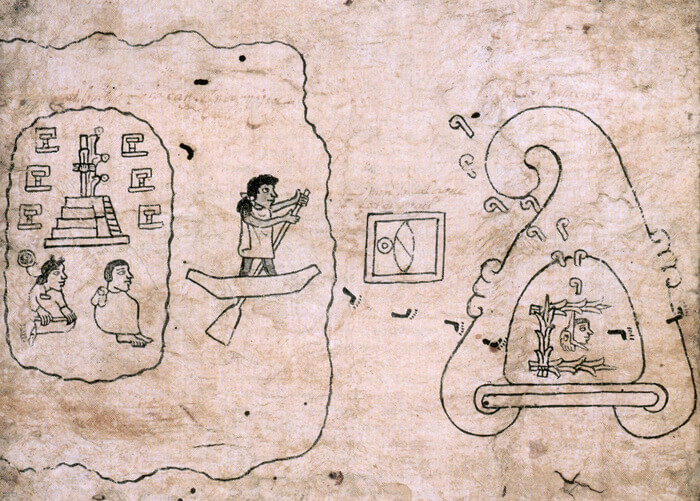 Pilgrimage has been a part of daily Maya life for millennia. Warfare, changing trade routes, socioeconomic issues and shifting agricultural practices are the most frequently argued explanations for ancient migrations, but how did religious beliefs affect Maya migration? What can archaeological and ethnographic study reveal about the significance of Maya religious pilgrimage?
Pilgrimage has been a part of daily Maya life for millennia. Warfare, changing trade routes, socioeconomic issues and shifting agricultural practices are the most frequently argued explanations for ancient migrations, but how did religious beliefs affect Maya migration? What can archaeological and ethnographic study reveal about the significance of Maya religious pilgrimage?
Join the Pick Museum of Anthropology at 7 p.m. Thursday, Feb. 9 in Cole Hall room 100 for a presentation by NIU alum Joel Palka, professor of anthropology and Latin American studies at University of Illinois at Chicago. In his talk, “Maya Pilgrimage and Migration in the Lacandon Rainforest of Mexico,” Palka will discuss Maya pilgrimage to important geographical features and subsequent migration to these ritual landscapes at the time of the Spanish Conquest in southern Mexico. Both cultural and archaeological evidence from the rainforests of Chiapas, Mexico and Petén, Guatemala indicate that Maya beliefs followed Mesoamerican tropes of population movement to sacred places in search of a homeland and another place to live. Pilgrimage ritual established ties to gods and ancestors residing in ritual landscapes, which attracted Maya populations seeking their guidance and protection in a new land.
Since graduating from NIU with a B.A. in anthropology in 1987 and receiving a Ph.D. from Vanderbilt University in 1995, Palka has contributed significantly to scholarly literature on Maya social differentiation, hieroglyphic writing and art, settlement patterns and population movements. His current research focuses on historical archaeology and ethnographic research with the Lacandon Maya people to better understand culture change in Guatemala and Chiapas during the 19th century.
This talk is hosted by the Pick Museum of Anthropology in conjunction with the new exhibition, “Push Factors: Perspectives on Guatemalan Migration,” opening on Jan. 28. The exhibition will be on display until May 2017. For more information about this presentation or exhibit, please call the Pick Museum at 815-753-2520 or visit niu.edu/anthro_museum.
